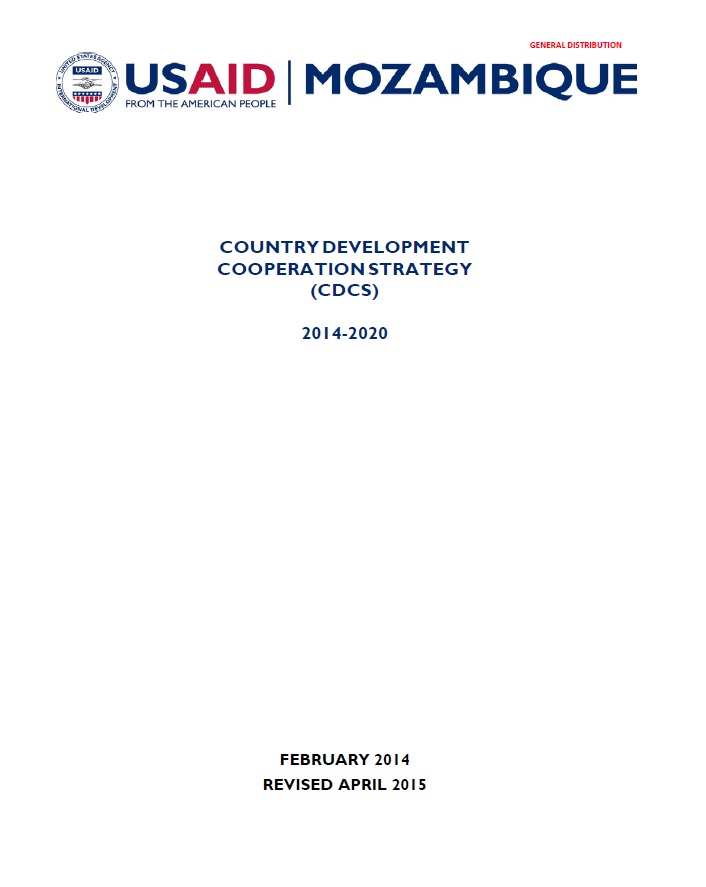Speeches Shim
Mozambique stands at a crossroads in its national development trajectory.
The quality of leadership during the next five years will determine whether the country’s citizens are able to participate broadly in emerging economic opportunities and a more open political order that prioritizes human development and achievement of Millennium Development Goals (MDG). Any drift toward an alternative path that leads to entrenchment of a political elite dedicated to sustaining their own power to serve as gatekeepers to the nation’s wealth should be mitigated through diplomacy and development resources.
Long thought of as a post-conflict, relief-to-development success story, Mozambique has experienced years of solid economic growth since the Rome Peace Accords of 1992, coupled with stubbornly persistent levels of poverty. Mozambique’s United Nations (UN) Human Development Index indicators remain among the worst in the world despite decades and billions of dollars of international development assistance. Recently however, encouraging and positive trends have emerged. Infant mortality rates have moved significantly lower (down from 153 per 1,000 live births in 2003 to 97 in 2011), and progress in terms of access to lower primary school (grades 1-5) has rapidly expanded to provide coverage in all geographical areas of the country, both urban and rural. Despite such laudable progress, key challenges exist and will have to be overcome.
Mozambique’s capital, Maputo, and its regional capitals in the center and north of the country, have been redoubts for international development partners from around the world since the early 1990s. Today, the aid agency set is joined, and often eclipsed, by eager investors and business men and women from East Asia, South Asia, Brazil, Europe, and the U.S. looking to take advantage of emerging business opportunities. Abundant natural resource wealth, which includes extractive industries as well as fertile, arable land, has placed the country prominently on the foreign direct investment (FDI) map.
Wealth from natural resource extraction is the greatest potential game changer for this strategy period. The recent discovery of an enormous reserve of hydrocarbons stands to position Mozambique as one of the world’s leading exporters of liquefied natural gas, and has therefore changed the country’s development profile and foreign assistance landscape dramatically. USAID’s development strategy recognizes the substantial impacts this game changer can have on reducing poverty if the Government of the Republic of Mozambique (GRM) chooses to harness this enormous potential for equitable economic growth and responsible use of increased public revenues.



Comment
Make a general inquiry or suggest an improvement.